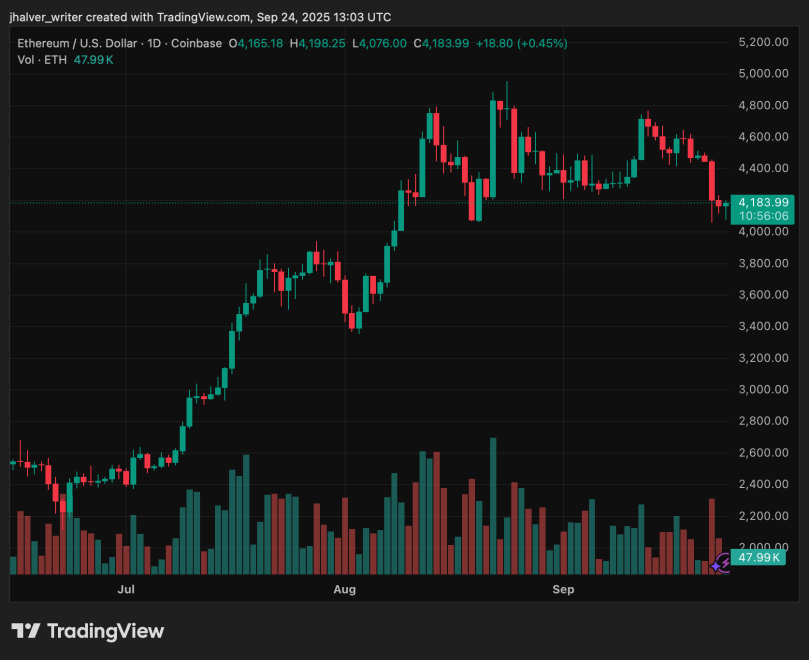Brazil’s New Forex Rules Set to Disrupt Crypto Operations - Here’s What You Need to Know
Brazil's financial landscape braces for impact as sweeping forex regulations threaten to upend cryptocurrency operations across the nation.
Regulatory Shockwaves
New central bank mandates clamp down on cross-border crypto transactions, forcing exchanges to rethink their operational playbooks overnight. The rules target dollar flows specifically—creating immediate friction for international trading pairs.
Compliance Crunch
Local exchanges scramble to adapt while global platforms face tough choices: restructure Brazilian operations or risk regulatory wrath. The changes hit liquidity hardest—suddenly, moving assets across borders requires jumping through bureaucratic hoops that didn't exist last week.
Market Fallout
Trading volumes could dip short-term as players adjust, but savvy operators already plot workarounds. Some explore decentralized solutions; others negotiate direct banking partnerships. Because nothing inspires financial innovation like regulators trying to shut it down—the eternal dance between control and capital continues.

Stablecoins and International Transfers Affected by New Brazilian Forex Rules
Widely used in Brazil to hedge against inflation and facilitate cross-border payments, stablecoins are likely to face increased regulatory oversight under the new framework. Regulators are considering measures that WOULD limit international transfers via crypto to $10,000 per transaction.
Such restrictions could reduce the utility of dollar-pegged stablecoins like USDT for larger investors seeking to transfer capital abroad. Officials argue that these measures are necessary to reduce the risks of money laundering and capital flight, but critics warn that they may drive some activity toward unregulated platforms.
Will the New Rules Improve Crypto Security
Although the reforms aim to streamline forex processes and incorporate crypto into Brazil’s regulated financial system, they also increase reporting requirements.
Exchanges and brokers will be required to submit detailed client and transaction data to the central bank. Integration with systems like Pix, Brazil’s instant payment network, indicates regulators want crypto to be more closely connected to traditional finance.
For traders who previously viewed crypto as a way to bypass forex controls, these changes may mean less privacy and tighter regulation. However, analysts suggest the BCB is walking a delicate line, seeking to attract investment and improve market integrity without stifling innovation.
How the final rules are carried out will determine whether Brazil sets a standard for balanced crypto regulation and adoption in Latin America or risks pushing businesses toward more permissive markets.
Cover image from ChatGPT, BTCUSD chart from Tradingview

